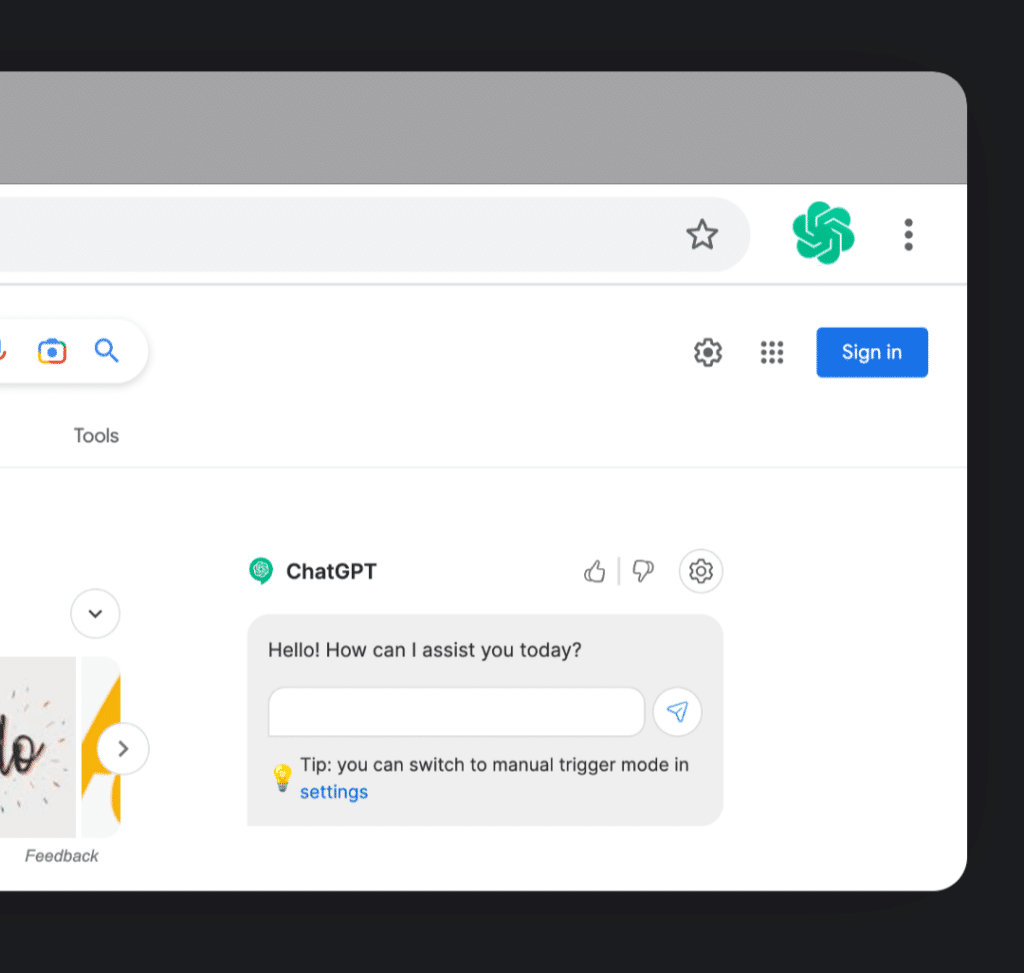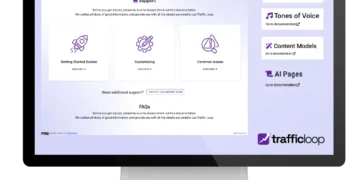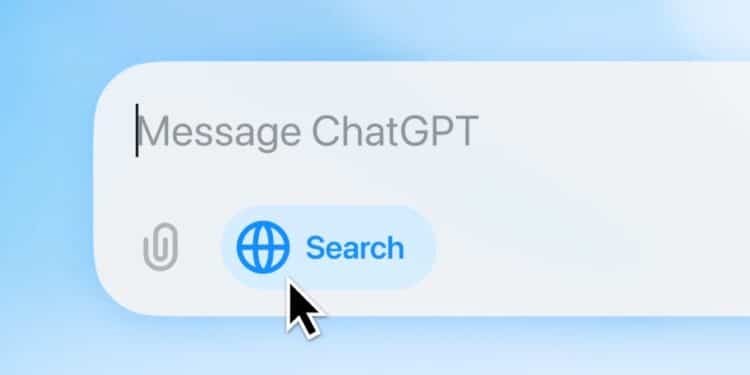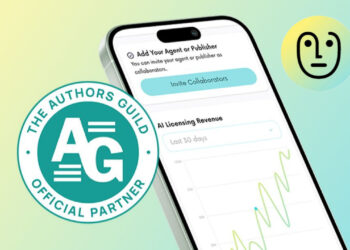A new era of online research with intelligent, conversational answers supported by reliable sources to revolutionise the way information is obtained.
The online search landscape is constantly evolving, and OpenAI is poised to revolutionise it with the introduction of SearchGPT. This innovative technology, officially announced on 31 October 2024, represents a significant change from traditional search engines such as Google. The implementation of SearchGPT promises a more direct and fluid experience, where information is provided in a conversational manner, supplemented with citations of reliable sources.
What is SearchGPT?
SearchGPT is OpenAI’s innovative search engine that uses advanced artificial intelligence to provide contextualised and detailed answers to user queries. Unlike traditional search engines, which present lists of links, SearchGPT generates answers in natural language, with a strong focus on transparency of sources and accuracy of information. This new technology is designed to address the limitations of previous AI models, promising a more intuitive and direct search experience.
Why is SearchGPT a different search engine?
Unlike keyword-based searches that return a list of links, SearchGPT uses the powerful GPT-4 model to offer detailed, contextualised answers enriched by clear references to original sources. According to OpenAI’s official press release, this platform not only simplifies search, but also provides greater transparency, a critical challenge faced in the field of artificial intelligence. Answers are generated in real time, with updates ensuring access to the latest information. This system seeks to overcome known limitations of AI language, such as ‘hallucinations’ or inaccuracies, by collaborating with major publishers such as The Atlantic and News Corp to ensure quality and compliance with editorial rights.
Expert reactions and future challenges
Analysts and industry experts see the introduction of SearchGPT as a significant competitor in the search engine market. Some emphasise how transparency of sources may become a strength, offering users a more reliable way to verify information. However, concerns remain about potential inaccuracies in language models and difficulties in handling complex results. The biggest challenge will be competing with industry giants such as Google, which has long dominated the search market, and other emerging technologies such as Perplexity AI and Meta‘s advanced solutions. Moreover, the presence of extensions combining classic search with SearchGPT has opened up new possibilities for a wider audience, but it remains to be seen whether this integration will be sufficient to win the trust of regular Google users.
When will SearchGPT be available to everyone?
At the moment, SearchGPT is in the testing phase with access restricted to about 10,000 selected users (mainly those who were on the Waiting List), including key publishing partners. OpenAI made it clear that this is only an initial phase: the feedback gathered will be crucial to refine the system and potentially integrate it more widely within ChatGPT. There are no official details yet on when it will be available to the general public, but anticipation is high.

For now, only the ChatGPT extension is available for Google and Edge users, which uses the browser’s search bar to provide answers via the ChatGPT site. Searching on ChatGPT has some distinct advantages over traditional search engines. ChatGPT provides direct and articulate answers without having to explore various links, making the search experience faster and more intuitive. In addition, answers are supported by verified source citations, offering greater reliability and transparency. Unlike a normal search engine, ChatGPT allows in-depth questions to be asked in the same conversation, enabling more precise customisation. Through integrations with journalistic sources, ChatGPT also provides up-to-date information on current topics, reducing inaccuracies typical of other AI models. These elements make ChatGPT ideal for those seeking quick, complete and reliable answers in a conversational format.
Conclusion: SearchGPT’s impact on digital search
The arrival of OpenAI’s SearchGPT represents a turning point in the online search landscape, promising to transform the way we access information. With its ability to provide direct and contextualised answers, this new search engine could set new standards for transparency and trustworthiness in the digital world. As competition with Google and other industry giants intensifies, future implementations and user feedback will be crucial to SearchGPT’s success. Users need to stay up-to-date on how this technology will evolve and influence their search habits. With the increasing focus on AI and the need for reliable information, SearchGPT may not only change the rules of the game, but also foster an era in which the quality of online search becomes a key priority.

































